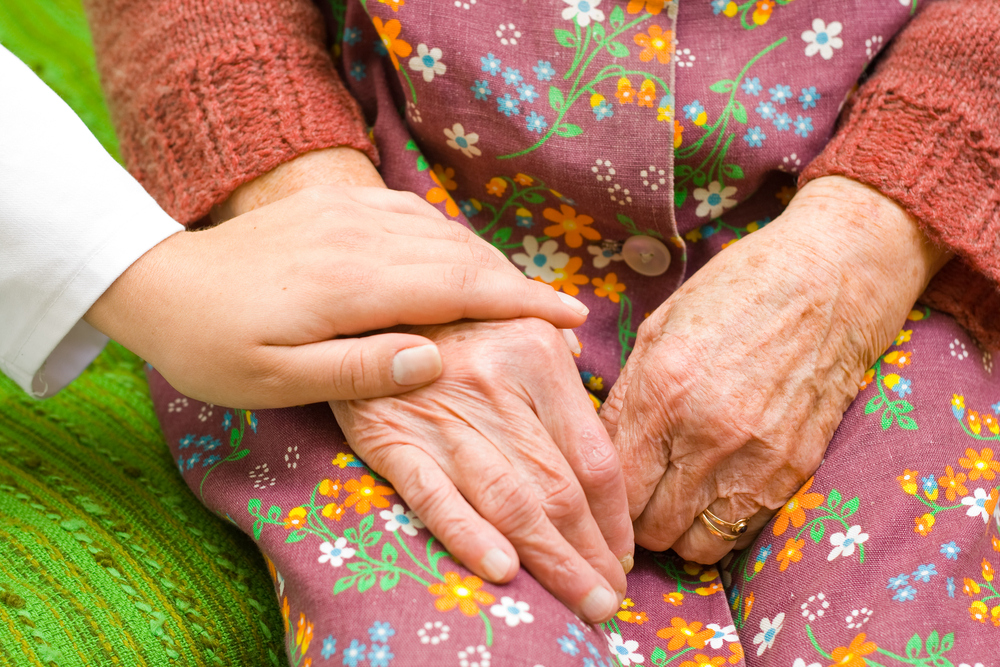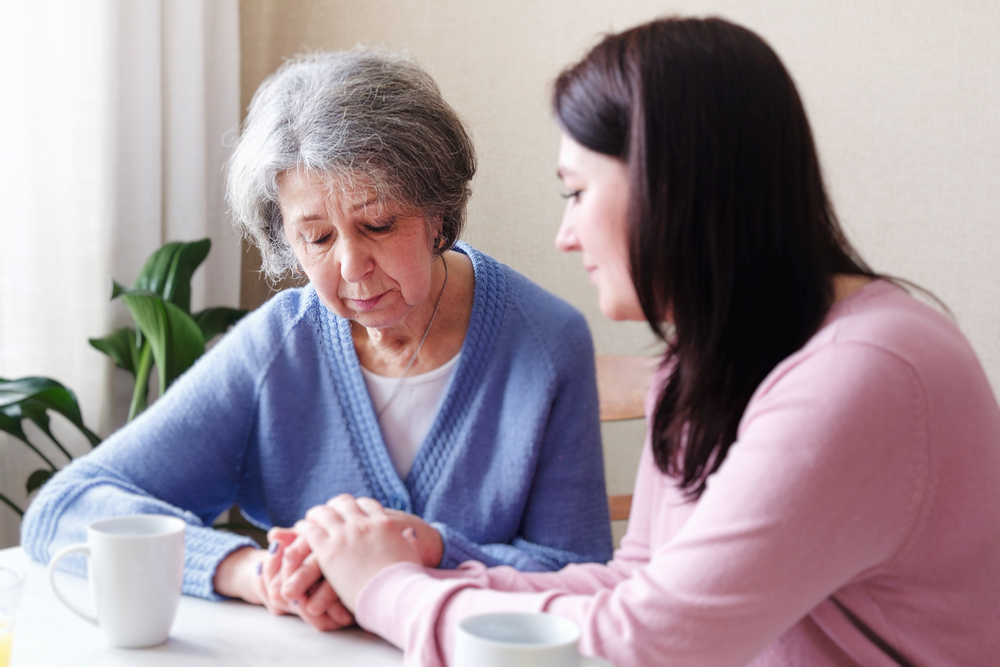 December 29, 2016
December 29, 2016
Home safety is important, especially when you are caring for a person who is in the early stages of Alzheimer’s disease. Our loved ones often want to stay at home for as long as possible, and that can seem like a challenging task as their abilities change. With some creative problem solving, you can help improve your loved one’s home environment to keep them where they are comfortable. Here are home safety tips for seniors with Alzheimer’s that can help improve their quality of life.
How to Improve Quality of Life for Those with Alzheimer’s
Evaluate Your Loved One’s Needs
Begin by considering your loved one’s behavior, health, and abilities to determine what changes would improve home safety for them. For example, have they left the stove burner on for too long? Have they fallen previously? Have they accidentally hurt themselves? Use these examples and come up with your own questions based on your loved one’s activities to guide the home safety improvements that need to be made.
Remove Harmful Objects
To increase home safety for seniors with Alzheimer’s, it’s a good idea to put child-proof locks on cabinets and drawers that have valuable, fragile, or dangerous items. Objects that need be locked away for safety should include:
- Household cleaning products
- Knives
- Matches
- Scissors
- Shaving razors
- Medications
- Power tools
- Small appliances
- Breakable items
- Fake or decorative fruit
All of these items can be potentially harmful to someone with Alzheimer’s if used without supervision or in a way it was not intended. Any item that could be used as a weapon should also be removed to prevent your loved one from accidentally harming themselves or others. It is possible for Alzheimer’s patients to think that their caregiver is an intruder.
Look Out for Tripping Hazards
Falling is a serious hazard to senior health and home safety, as one out of five falls causes an injury such as a broken bone or head wound. To prevent falling and improve home safety for seniors, try adding extra light around the house at night. Install nightlights or keep a light in the bathroom or hallway on during the evening and overnight to help prevent confusion and tripping. You should also make sure that doorways are well-lit and clutter free.
To prevent your loved one from slipping, rugs on hardwood surfaces should have a mat underneath them. Putting a mat on the floor next to your loved one’s bedside can help prevent slipping as they try to get in and out of bed. You can also place anti-slip mats in the bathtub or bathroom floor to prevent slipping and falling during bathing and daily activities.
Improve Fire Safety
Fire hazards should always be a consideration when trying to improve home safety for your loved one. Often, seniors with Alzheimer’s forget to turn off the stove and other heat producing items. To help improve fire safety, the first step is to make sure the fire alarm is on and that the batteries are replaced regularly.
To prevent fire hazards in the kitchen, install safety knobs on the stove. If your loved one regularly uses an electric heating blanket or portable room heater, do not allow them to use the controls or use these items for a prolonged period. It is also a good idea to purchase a room heater that automatically turns off when tipped over if one is needed.
Consider In Home Health Care
Many family caregivers use in home health care services to provide additional care for their loved ones. Professional and certified caregivers are trained in the best practices to provide care for patients with memory loss, dementia, and Alzheimer’s. In home health care services can lend a helping hand, as it can be difficult to provide support for your loved one 24/7.
Professional caregivers can assist with meal preparation, helping to eliminate potential fire hazards caused by an unmonitored stovetop. Caregivers can help with daily activities such as bathing, grooming, and dressing to make sure your loved one accomplishes daily tasks without falls or injuries. Certified caregivers can also provide medical reminders to make sure your loved one is receiving medicine at the right time of day.
By following these home safety tips, using some creative thinking, and asking for assistance, you can improve home safety for seniors with Alzheimer’s disease and help them age in place safely and comfortably. Having your loved one stay in a place they know and love is worth their happiness as well as your own peace of mind.
If you are interested in home health care services that provide care options for Alzheimer’s patients, we can help. We can provide the services your loved one needs to remain safe and healthy in the home they love.



